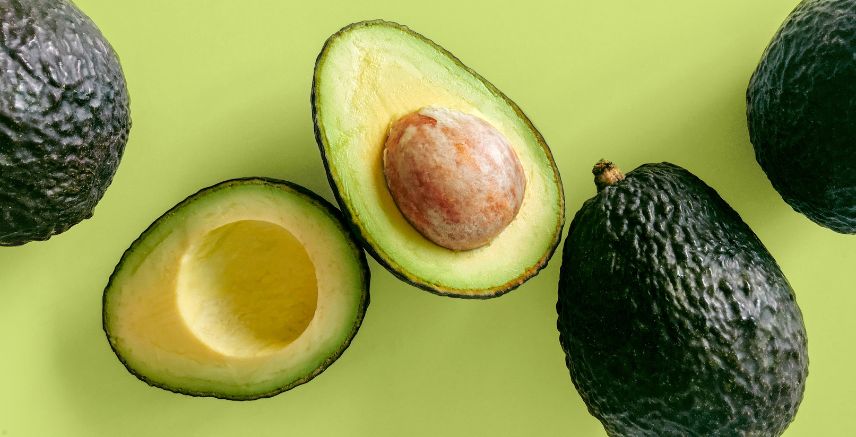Add These Heart Healthy Foods to Your Diet
A heart healthy diet can help lower blood pressure, reduce cholesterol, manage weight and prevent dangerous plaque buildup in your arteries. The key is eating whole, nutrient-dense foods that support your cardiovascular system. Here are ten of the best heart healthy foods and why they deserve a spot in your regular diet.
1. Salmon
Salmon is one of the richest sources of omega-3 fatty acids, which are essential for heart health. Omega-3s help reduce inflammation, lower triglyceride levels and support a steady heartbeat. They can also help prevent the buildup of plaque in the arteries, reducing the risk of heart attack and stroke. Aim for two servings of fatty fish like salmon each week for maximum benefit.
2. Oats
Oats are a powerhouse of soluble fiber, particularly beta-glucan, which helps lower LDL (“bad”) cholesterol levels by binding to it in the digestive tract and removing it from the body. A warm bowl of oatmeal is not only comforting but also a smart choice for keeping arteries clear and improving overall heart function. Choose steel-cut or old-fashioned oats for the best nutritional value.
3. Avocados
Avocados are loaded with heart healthy monounsaturated fats, which can help reduce levels of bad cholesterol and increase HDL (“good”) cholesterol. They’re also packed with potassium, a mineral that helps control blood pressure by balancing sodium levels in the body. Spread avocado on toast, toss it into salads or blend it into smoothies for a creamy, nutritious boost.
4. Berries
Berries like blueberries, strawberries and raspberries are rich in antioxidants, especially anthocyanins, which protect blood vessels and reduce inflammation. They’re also high in fiber and vitamin C, making them great for managing blood pressure and cholesterol. Add a handful to your breakfast, snack on them throughout the day or blend them into a smoothie.
5. Leafy Greens
Leafy greens like spinach, kale and Swiss chard are packed with vitamins, minerals, and antioxidants that benefit the heart. They’re particularly high in vitamin K, which supports healthy blood clotting and helps keep arteries flexible. These greens are also a good source of nitrates, which may improve blood vessel function and lower blood pressure.
6. Nuts (Especially Walnuts and Almonds)
Nuts are an excellent source of heart-healthy fats, fiber, and plant-based protein. Walnuts, in particular, contain omega-3 fatty acids, while almonds offer vitamin E and magnesium. Eating a small handful of unsalted nuts each day has been linked to lower LDL cholesterol and reduced risk of heart disease. Just watch the portion size, as nuts are calorie-dense.
7. Olive Oil
Extra virgin olive oil is a staple of the Mediterranean diet, which is known for its heart-protective benefits. Rich in monounsaturated fats and antioxidants, olive oil helps reduce inflammation and lower cholesterol levels. Swap out butter or margarine for olive oil when cooking or drizzle it over salads and vegetables for extra flavor and health benefits.
8. Beans
Beans and legumes like black beans, lentils and chickpeas are loaded with plant-based protein, fiber and minerals like magnesium and potassium. Their high fiber content helps reduce cholesterol and keeps you feeling full longer, which can aid in weight management. Beans are also low in fat and have a low glycemic index, making them ideal for blood sugar and heart health.
9. Dark Chocolate (in Moderation)
Dark chocolate that contains at least 70% cocoa is rich in flavonoids, compounds that may help lower blood pressure, reduce inflammation and improve blood flow. While it's still a treat and should be eaten in moderation, a small square of dark chocolate can be a heart-smart indulgence (as long as it’s low in added sugar and doesn’t contain unhealthy fats).
10. Tomatoes
Tomatoes are rich in lycopene, an antioxidant linked to lower levels of LDL cholesterol and reduced risk of heart disease. They’re also a good source of potassium and vitamin C, both of which support blood pressure and vascular health. Cooking tomatoes (as in sauces or soups) may actually increase the availability of lycopene, making them even more beneficial.
Keep reading to learn about different vitamins that can help boost your gut health.
The information on this website is for general educational purposes only and is not a substitute for professional medical advice. Always consult your doctor or qualified healthcare provider before making changes to your health, diet or treatment plan.

